There has always been a discussion about whether the COVID-19 vaccine should be given a booster shot. Recently, the data of the third shot of Kexing vaccine has been released. So, what about the results of the third shot? Does the Sinovac vaccine require a third booster shot? Below, the editor will introduce it.
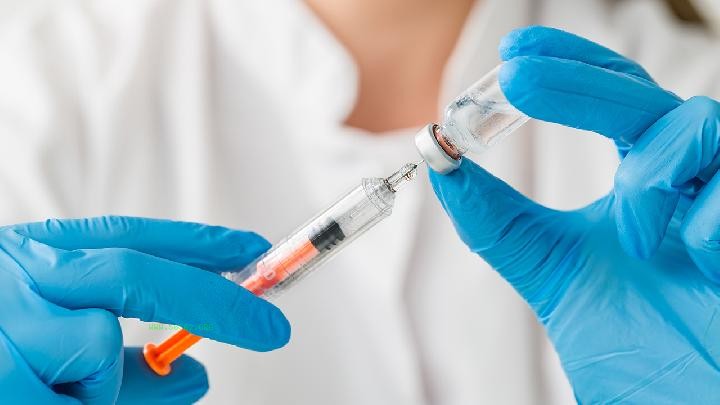 What is the result of the third dose of Sinovac Biotech's inactivated vaccine?
What is the result of the third dose of Sinovac Biotech's inactivated vaccine?The data of the third dose of Sinovac Biotech's inactivated vaccine has been disclosed. By comparing the levels of neutralizing antibodies after receiving 2 and 3 doses of the vaccine, it can be clarified that the third dose must be administered, which is not a problem, but when should it be administered?
This Phase 2 clinical trial compared several vaccination possibilities. Let's first summarize the key points of the data:
1. Two months after receiving two doses of the vaccine, the neutralizing antibody level is OK, which is also the previously mentioned two weeks after receiving the two doses, obtaining immune protection. After one month, the neutralizing antibody level decreased slightly, but the decrease was not significant, from 27-28 to 22.2-25.6. However, six months after receiving two doses, the neutralizing antibody level was already very low, with an average decrease of seven times compared to half a month. Only a small number of people had a decent neutralizing antibody level.
2. The interval between the first two doses has an impact on neutralizing antibody levels, and overall, a 28 day interval is more effective than a 14 day interval. However, regardless of the interval between the first two doses, the neutralizing antibody levels remain low after 6 months of vaccination.
3. Getting the third dose can increase neutralizing antibody levels, but when to get vaccinated is important. If vaccinated 28 days after the second dose, the average level of neutralizing antibodies can only reach 45.8-49.7; If vaccinated 6 months after the completion of the second dose, the average level of neutralizing antibodies can reach 137.9-143.1. If the third dose is administered 28 days after the second dose and checked 6 months after the third dose, the average level of neutralizing antibodies still drops to 9.2-10, which is still not ideal.
5. If the second dose is administered and the third dose is administered six months later, what is the neutralizing antibody level after six months? I don't know yet because there is no data available.
It should be pointed out that the above data comes from the 18-59 age group. What is the situation in the older population? There is currently no data available.
Please note that the above data mainly detects neutralizing antibodies. However, after vaccination, activation should not only involve antibody immunity, but also cellular immunity. Even if the antibody level is very low, it does not necessarily mean that there is no immune protection at all. However, by analyzing the currently available data, the level of neutralizing antibodies can indeed predict the level of immune protection very well. In fact, in the Phase 3 clinical trial data of Sinovac, a trend of decreasing vaccine protection rate over time was also observed. From 14 to 70 days after the second dose of vaccination, the number of infections in the vaccine group was actually very small and stable, but there was an increase afterwards. Of course, various reasons can lead to such an increase, but insufficient neutralizing antibody balance is an important reason.
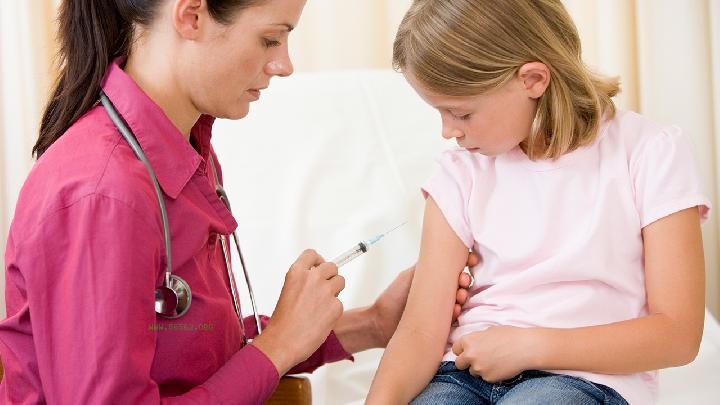
Should the Sinovac vaccine receive a third booster shot?
In the discussion section, the author suggests that although a third dose may be essential, the development and implementation of a booster shot plan should take into account local disease outbreaks, infection risks, vaccine supply, and other relevant factors. Based on the current situation, in the short to medium term, ensuring that more people complete the two doses of Kailaifu vaccination should be a higher priority compared to strengthening the vaccination. According to publicly available research results, receiving two doses of the Sinovac vaccine can generate good immune memory, but the duration is not long, and the immune effect will decrease after six months. This also explains the outbreak that occurred at Nanjing Lukou Airport this time. These airport personnel, as a key group, are most likely the first to receive the vaccine, and it has been more than 6 months since then.
What is exciting is that the immunity to COVID-19 can be significantly improved by vaccinating a third dose within 6 months after the second dose. During this period, there are almost no serious adverse reactions. All adverse events were mild grade 1 or 2, and no related serious adverse reactions occurred. After the third dose, the neutralizing antibody titer can be significantly increased, especially after 28 days of the third dose, the neutralizing antibody titer increased by 3-5 times compared to the result 28 days after the second dose. The longer the interval between administering the third and second doses simultaneously, the more significant the improvement effect.
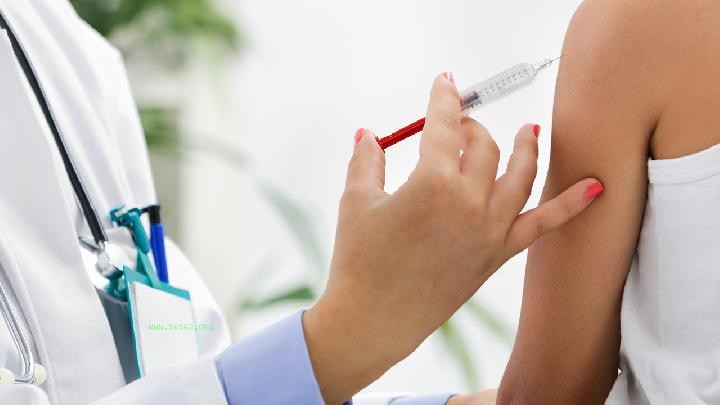
The above is an introduction to all the content. If you want to learn more information, please continue to follow.

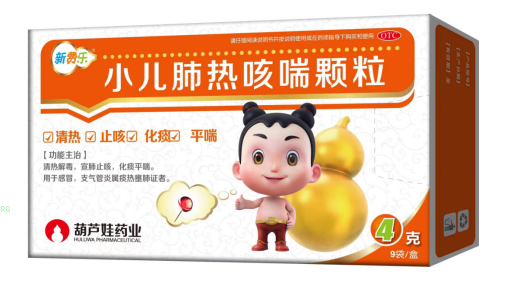
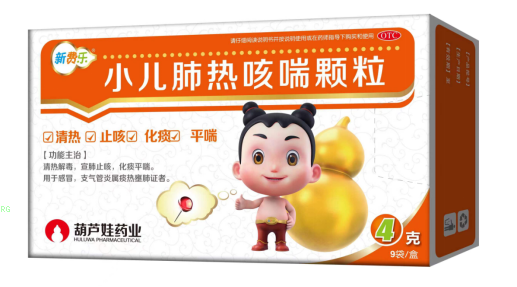
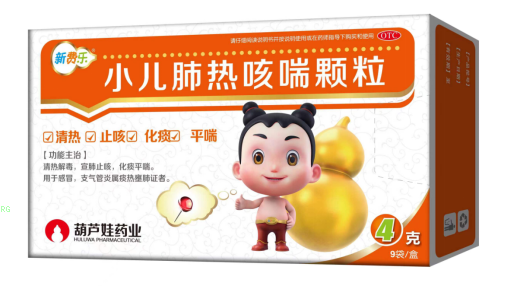


Comments (0)
Leave a Comment
No comments yet
Be the first to share your thoughts!